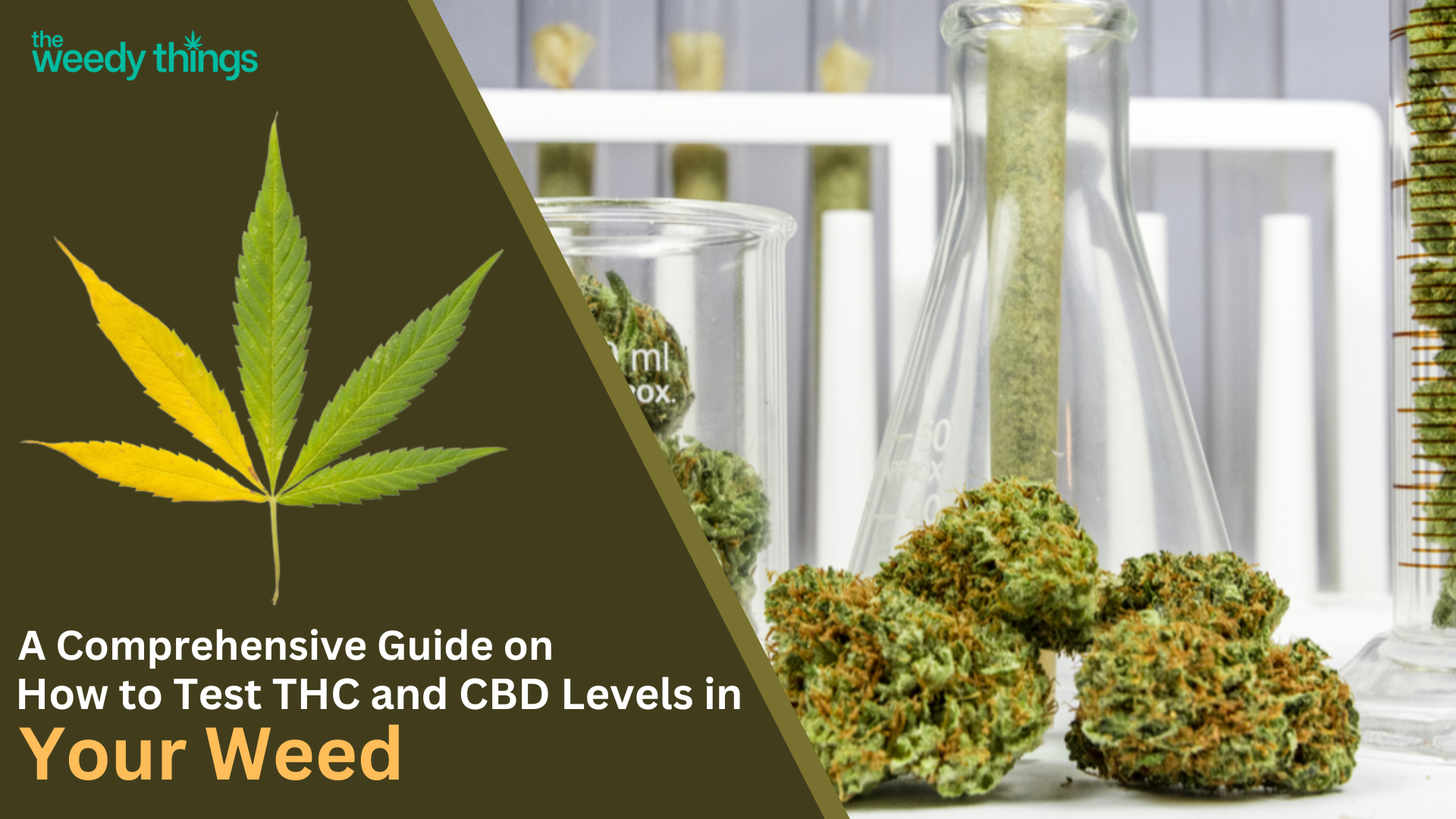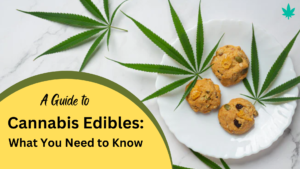Why Test THC and CBD Levels?
Personalized Experience: Different strains possess different THC and CBD ratios, influencing the overall effects. Testing allows users to tailor their experience based on preferences, whether seeking relaxation, euphoria, or therapeutic benefits.
Medical Considerations: For medical cannabis users, understanding THC and CBD levels is crucial. Specific conditions may respond better to certain cannabinoid profiles, and accurate labeling facilitates informed choices.
Avoiding Unpleasant Experiences: High-THC strains can induce anxiety or paranoia in some users. Testing helps consumers avoid unwanted effects and choose strains aligned with their desired experiences.
Legal Compliance: In regions where cannabis is legal, regulations often mandate accurate THC and CBD labeling. Compliance ensures consumers are well-informed and builds trust within the industry.
How to Test THC and CBD Levels:
Home Testing Kits: While not as precise as professional lab testing, home testing kits offer a more accessible option. These kits provide a general indication of THC and CBD levels, allowing users to gauge relative strengths.
The Relevance of THC Stores:
Specialized Products: THC stores cater to enthusiasts seeking high-THC strains. These establishments often offer a curated selection of products known for their potent effects, providing consumers with a diverse range of options.
Educational Resources: Progressive THC stores prioritize customer education. Staff may offer insights into strains, THC levels, and potential effects, enabling consumers to make informed choices aligned with their preferences.
Legal Compliance: Reputable THC stores adhere to local regulations, ensuring that products are accurately labeled and comply with legal standards. This commitment to compliance builds trust with consumers and regulators alike.
Shop CBD Oil - Navigating the Options:
Diverse Product Range: CBD oil shops cater to those seeking the potential therapeutic benefits of cannabidiol. These shops offer an array of products, including oils, tinctures, edibles, and topicals, each with varying CBD concentrations.
Transparency in Labeling: Trusted CBD oil shops prioritize transparency. Product labels typically provide clear information about CBD content, helping consumers select products that align with their desired CBD dosage.
Quality Assurance: Reputable CBD oil shops source their products from high-quality CBD manufacturers. This ensures that consumers receive pure and potent CBD products that meet stringent quality standards.
Always prioritize legal and responsible consumption, adhering to local regulations and guidelines. The evolving landscape of cannabis legalization and the availability of testing options contribute to a more informed and discerning cannabis community. By staying educated and making responsible choices, consumers can maximize the benefits of THC and CBD while minimizing potential risks.
Frequently Asked Questions
Testing THC and CBD levels provides crucial information about the potency and composition of the weed. This data helps users make informed decisions, ensuring they choose strains that align with their desired effects and tolerance levels.
Various methods, such as gas chromatography and high-performance liquid chromatography, are employed to test THC and CBD levels in weed. These techniques analyze the chemical composition, providing accurate measurements of cannabinoids in the sample.
While home testing kits exist, they may not offer the same precision as laboratory testing. Professional testing labs use sophisticated equipment and follow strict protocols to ensure accuracy. Home kits can provide a general idea but may not be as reliable for precise measurements.
THC is responsible for the psychoactive effects of weed, leading to sensations of euphoria. CBD, on the other hand, has non-psychoactive properties and is associated with relaxation and potential therapeutic benefits. Understanding these levels helps users tailor their experience to their preferences.
In regions where cannabis is legal, testing THC and CBD levels is a standard practice for regulatory compliance. However, it’s essential to adhere to local laws and regulations regarding cannabis testing. In areas where cannabis is not legal, testing may be restricted or prohibited. Always check and comply with local laws.




